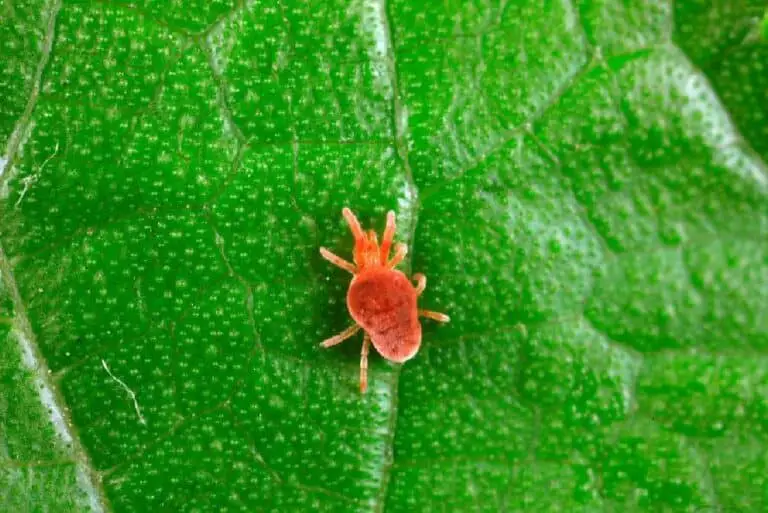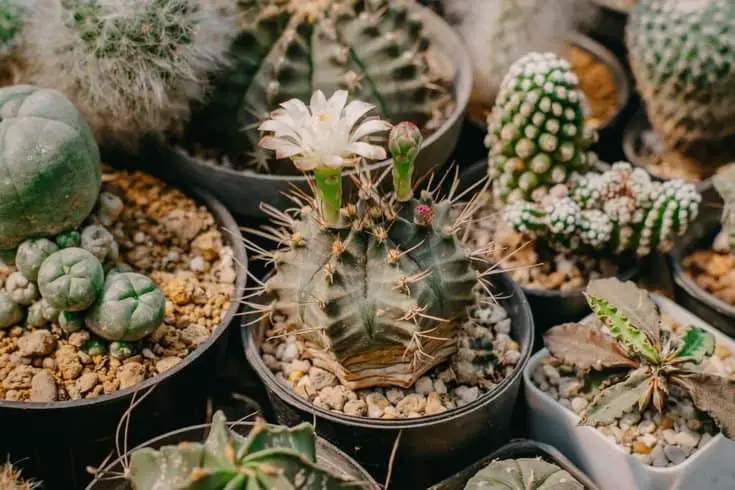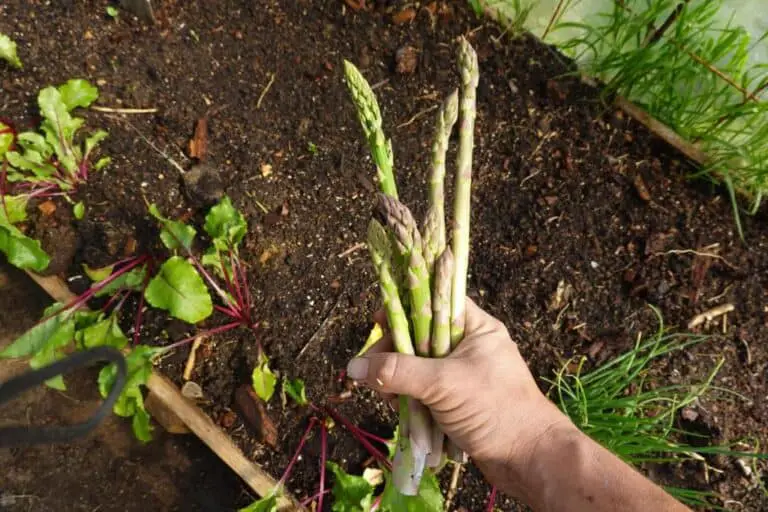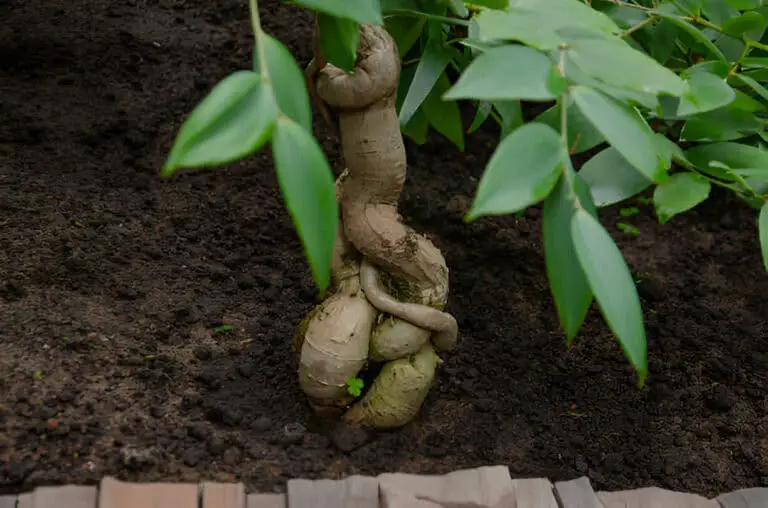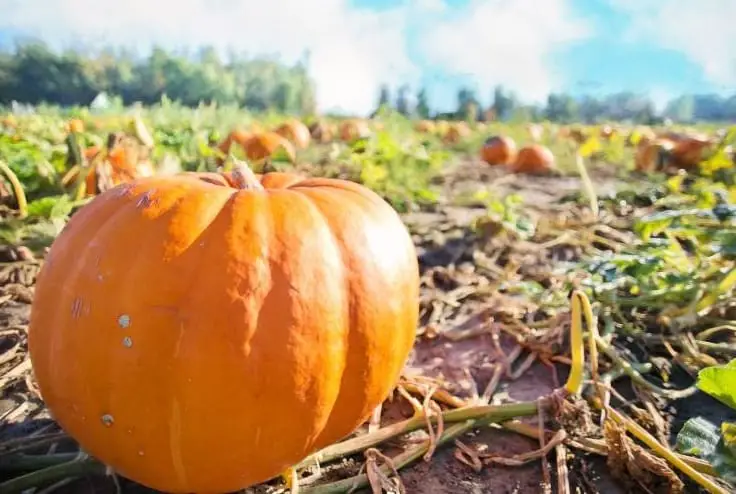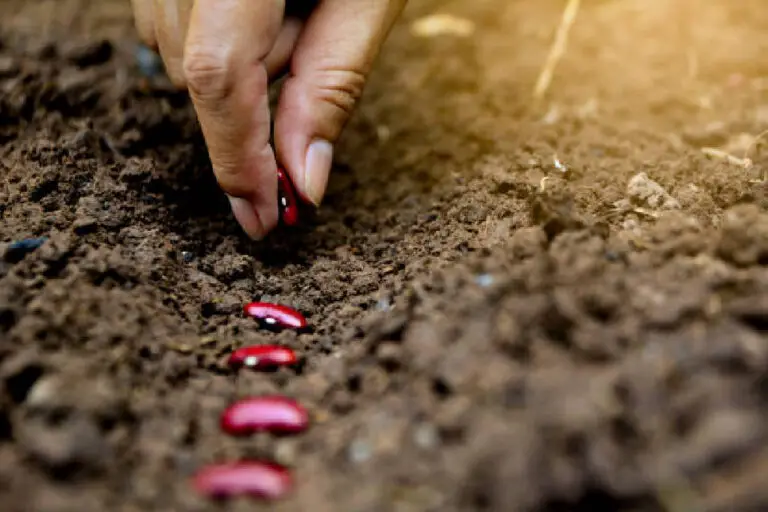Should Your Chive Seeds Get a Soak Before Planting?
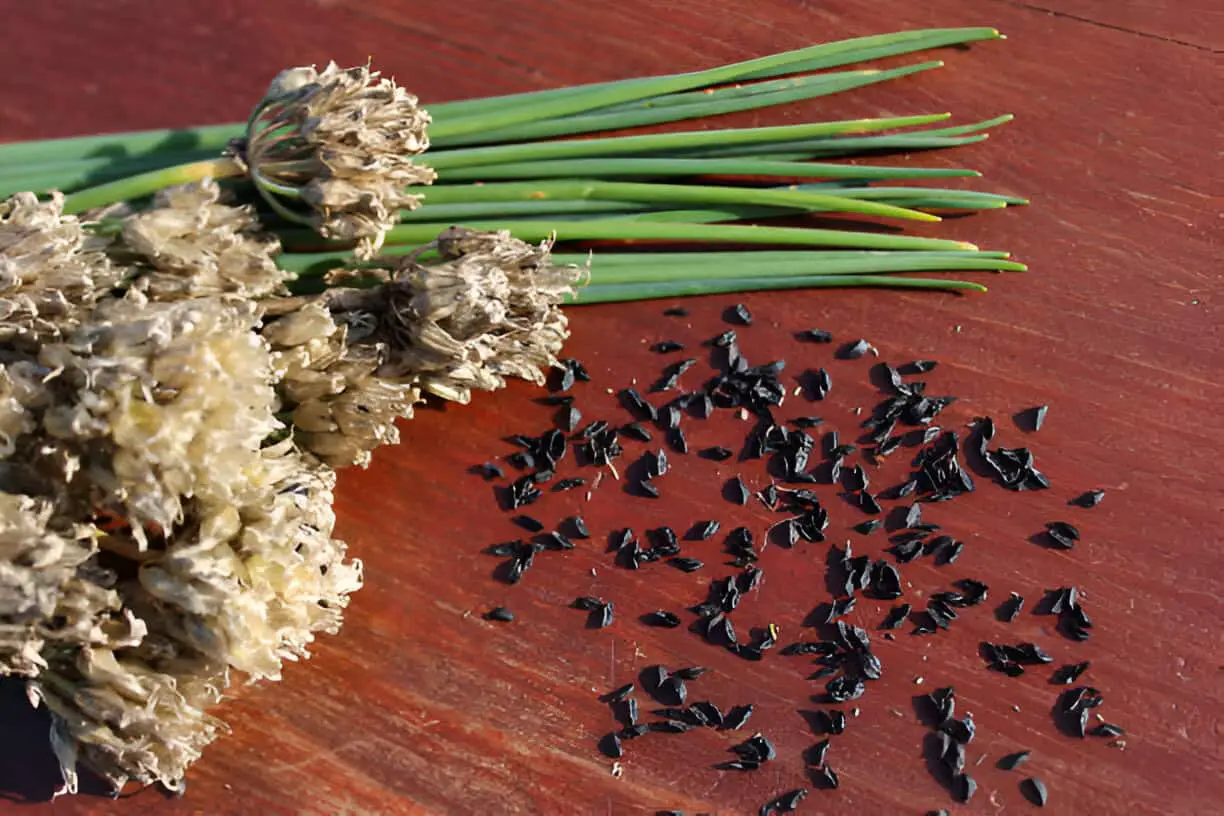
As an avid gardener, I’ve had my fair share of learning curves. Chives, those hardy little herbs that grace my kitchen windowsill and backyard garden, hold a special place in my heart.
They add a touch of flavor to dishes and are incredibly low-maintenance. But even with such an easy-going plant, I found myself asking: “Should I soak chive seeds before planting?” It’s a valid question, especially if you’re looking to optimize growth.
So, let’s dig into this gardening conundrum and figure out if soaking chive seeds makes a tangible difference.
My Chive Love Story
It all started with a humble pot of chives I picked up at a neighborhood nursery. The plant was vibrant, easy to grow, and packed with that fresh, oniony bite I didn’t know I needed. One taste, and I was hooked. Before long, I was sprinkling chives on everything from scrambled eggs to baked potatoes.
Naturally, I thought—why not try growing chives from seed? It felt like the next step in deepening this flavorful relationship. But as I read up, one detail kept popping up: seed soaking.
Soaking seeds before planting is supposed to help them germinate faster and more evenly. But does this apply to chives, or is it overkill?
In this article, we’ll take a closer look at whether soaking chive seeds makes a real difference. You’ll learn how this small decision can affect your garden’s success—and whether it’s worth the extra step in your planting routine.
Why Gardeners Soak Seeds
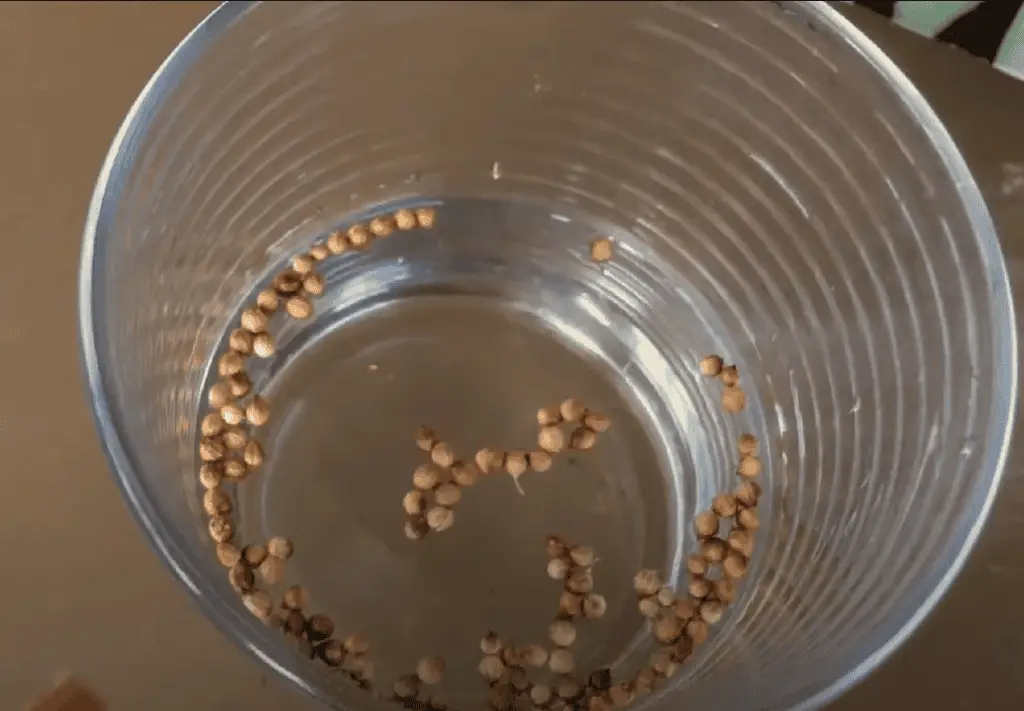
First, let’s talk about why gardeners soak seeds in the first place. Seeds come with a protective outer coat, a sort of built-in armor that keeps them safe until conditions are just right. Soaking seeds softens that coat, helping water penetrate the seed more easily and triggering the germination process. In essence, it’s like giving your seeds a bit of a “wake-up call” before they hit the soil.
Some seeds—especially those with hard, thick shells—absolutely need this treatment. Think of it like trying to crack open a coconut. Soaking makes it easier for water to break through that tough outer layer. But does this apply to chive seeds? That’s where things get interesting.
To Soak or Not to Soak?
Now, I know chive seeds don’t have that thick, tough coat you find on seeds like beans or nasturtiums. They’re actually quite small and delicate. So, is soaking necessary? After diving into some research and drawing from my own experience, I’ve come to a conclusion: soaking chive seeds isn’t essential, but it can provide a slight edge—especially if you’re impatient, like me.
When I soaked my chive seeds for the first time, I found they germinated a bit faster than their unsoaked counterparts. It wasn’t a huge leap—maybe a couple of days earlier—but in the world of gardening, sometimes every day counts. If you’re eager to see those green shoots pop up as quickly as possible, soaking could speed things along.
How to Soak Chive Seeds
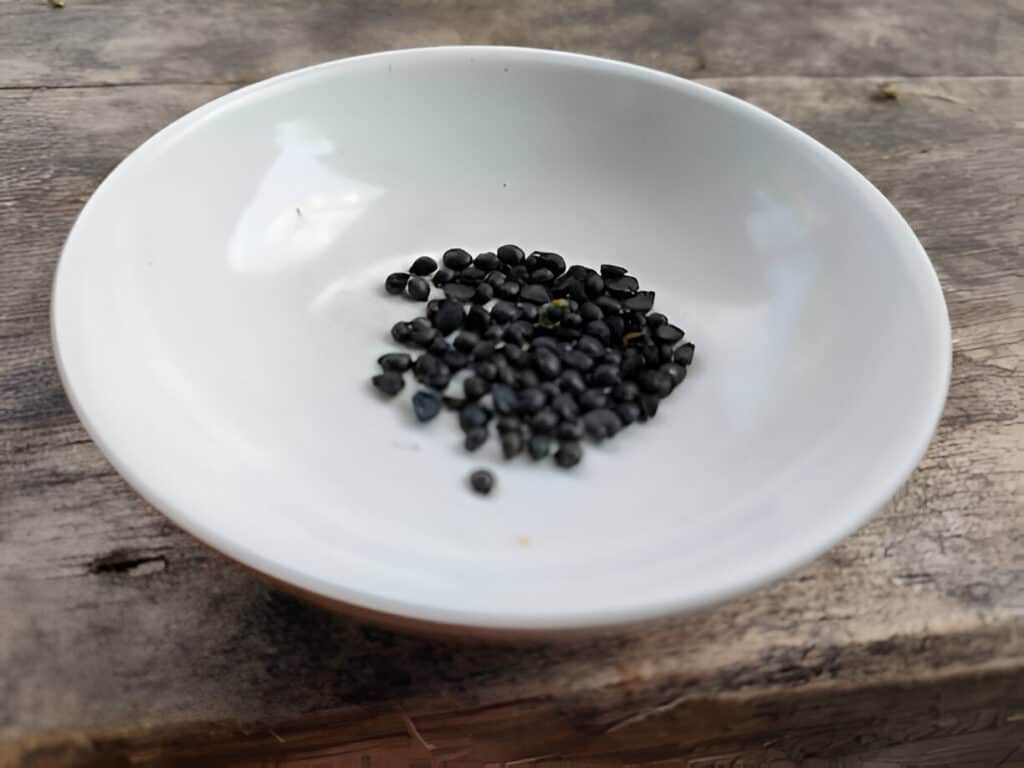
If you decide to give soaking a try, the process is straightforward. You don’t need fancy equipment or hours of time—just a little bit of water and patience.
Here’s a simple breakdown of how to soak your chive seeds:
| Step | Action | Description |
| 1 | Gather materials | You’ll need a small container and some room-temperature water. |
| 2 | Soak the seeds | Drop your chive seeds into the container, making sure they’re fully submerged. |
| 3 | Let them soak for 12 hours | Leave them soaking overnight, but no longer than 24 hours to prevent rot. |
| 4 | Drain and plant | After soaking, drain the water, pat the seeds dry, and plant them in moist soil. |
The entire process takes less than a day, but you’ll want to plant the seeds immediately after soaking to prevent any damage from prolonged exposure to water.
What Happens If You Skip the Soak?
I’ve had plenty of success planting chive seeds without soaking them first. Chives are fairly forgiving when it comes to germination. They usually sprout within 7-14 days if the conditions are right—whether or not they’ve been soaked.
If you choose to plant them dry, you won’t lose much ground. They’ll just take a bit longer to sprout compared to soaked seeds. It’s like watching a pot of water slowly boil; the anticipation can be a killer, but in the end, you still get what you want. Sometimes, you just have to let nature take its sweet time.
Direct Sowing vs. Indoor Starting
Now, how you plant your chive seeds can also affect whether soaking will matter. If you’re direct-sowing the seeds outside, soaking might give them a little boost to combat the natural elements—especially if you’re dealing with dry soil conditions. However, if you’re starting the seeds indoors, where you can control the moisture levels and warmth, soaking might be less necessary.
I’ve tried both methods, and each has its merits. Direct sowing is the lazy gardener’s dream—scatter the seeds in a well-prepared bed, water lightly, and wait. Starting indoors, however, gives you more control over the growing environment, and you can transplant stronger seedlings outdoors once they’re ready.
| Method | Pros | Cons |
| Direct Sowing | Easy and low-maintenance | Slower germination, especially in unpredictable weather |
| Indoor Starting | Controlled environment and faster germination | More work upfront with transplanting later |
| Check: Do You Soak Hollyhock Seeds before Planting? |
Best Conditions for Growing Chives
Whether you soak or not, setting up the right conditions for your chive seeds will always give you better results. Chives love well-draining soil and plenty of sunshine. They don’t require much in terms of nutrients—too much fertilizer can actually stunt their growth. Once established, they’re pretty drought-tolerant, which makes them perfect for forgetful gardeners like me!
Here’s a quick look at what chives prefer:
| Condition | Ideal Setup |
| Soil | Well-draining, moderately fertile |
| Sunlight | Full sun to partial shade |
| Watering | Keep the soil moist but not waterlogged |
| Spacing | Thin seedlings to about 6-8 inches apart for good airflow |
Chives will thrive in these conditions, regardless of whether you soaked the seeds beforehand. Once they get going, they’re incredibly resilient and will reward you with years of flavorful harvests.
My Final Thoughts on Soaking Chive Seeds
Ultimately, the decision to soak your chive seeds relies on your individual gardening approach. If you’re the type who likes to give your plants a little extra love and attention, soaking could be a fun experiment that leads to slightly faster germination.
But if you’re more of a “set it and forget it” gardener like me, you can skip the soak and still end up with a healthy crop of chives. The beauty of chives is in their simplicity—they don’t demand much, and they give so much in return. Whether you soak them or not, those tiny seeds will eventually turn into big, beautiful, and flavorful plants that add charm to any garden and zest to any meal.
In the end, gardening is all about experimenting, learning, and enjoying the process. So, if you’re curious, give the soak a try! Alternatively, you can allow those tiny seeds to unfold according to their own schedule. Either way, you’ll have a delicious and beautiful harvest to look forward to.

